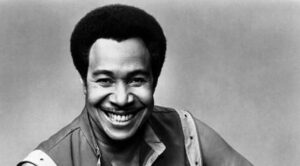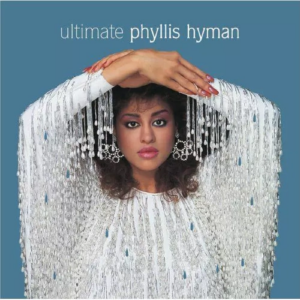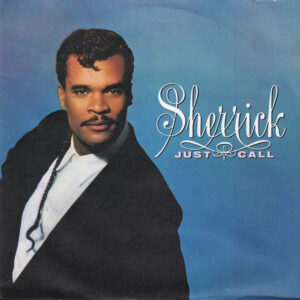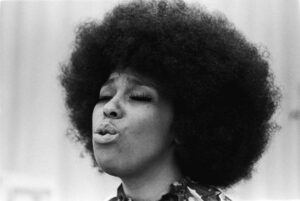Phyllis Hyman’s death was a JFK moment for me because it’s one of those occasions when I remembered where I was and what I was doing when I heard the news. I was on I-94 heading from South Bend to Gary to watch a theater company rehearse a play that I had written, so I was pretty fired up. I turned on a radio station that was right in the middle of playing “Under Your Spell,” the up-tempo love song by Hyman. I had been a Hyman fan since she sang on Norman Connors’ You Are My Starship album. The song finished and the DJ announced that the station was doing a Hyman tribute because she had been found dead of an apparent suicide earlier in the day. Doing 70 on I-94 at rush hour is not the ideal time to get hit with that kind of news.
The music documentary Unsung provided the tragic details of the demons Hyman fought. What heightens the sadness is that Hyman’s passing marked the rapid end of a great era in mainstream R&B and soul music – the female vocalist who had the chops to meld a variety of genres into a mature amalgamation of jazz, soul, gospel, dance and Broadway, We all know the names: Roberta Flack, Angela Bofill, Randy Crawford, Jean Carne, Anita Baker, Miki Howard, Stephanie Mills and Marlena Shaw, to name a few. Those vocalists along with Hyman were mainstays on R&B and soul stations from the early 1970s through the early 1990s.
In some cases a core of very talented female singers who added a hip-hop flair to their musical toolboxes stepped to the forefront. More often than not, however, these legends got bounced for a gaggle of performers who sang in the musical equivalent of what filmmaker Lake Bell calls “sexy baby voice.” Hyman never dumbed her vocals down, and that’s why she remains the quintessential sophisticated lady for a generation of grown men.
The compilation Phyllis Hyman: The Buddah Years reminds fans of that era, as well as what we lost with Hyman’s passing. The record is a compilation in the most permissive use of the term. Phyllis Hyman: The Buddah Years is a reissue of the singer’s self-titled 1977 debut along with four tracks cut from the unreleased Sing A Song. Three of those songs found their way onto Somewhere in My Lifetime, Hyman’s 1979 debut with Arista Records.
Hyman fans know about Hyman’s Arista output because tunes such as “Gonna Make Changes” and the aforementioned “Under Your Spell” still receive a great deal of airplay. There are numbers from the Buddah days that make their way onto R&B stations – for instance, the beautiful “The Answer Is You” is a quiet storm favorite. Yet a lot of Hyman’s Buddah catalog is slept on and that’s a shame because that output is strong and it gives listeners their first glimpse at the qualities that made Hyman a force of nature.
Hyman was simply a magnificent vocalist. She possessed a musical diversity and dexterity that few singers approach. More importantly, producers at Buddah put a great deal of thought in how to get the most of Hyman’s talent and that comes through on this compilation. Anyone who heard Hyman’s stellar work on the theatrical “Loving You, Losing You” with it’s sweeping two minute plus intro would not be surprised that she earned a Tony Award nomination for her performance in “Sophisticated Ladies” four years later. Nor would they be surprised to learn that Hyman was the first choice to sing the theme song from the 1983 James Bond flick “Never Say Never Again.”
Hyman’s jazz chops might have made her an unlikely renderer of disco and R&B dance music. However, she made a career out of disco and funk numbers, and cuts such as “One Thing on My Mind” presaged hip-hop fused R&B fare such as “Don’t Wanna Change the World.” Of course, Hyman was best known for her ballad work, and rightly so. She brought a jazz vocalist’s sensibility to ballads, and that allowed her to own a tune, whether it was written for her or whether it was a remake such as “I Don’t Want to Lose You.” And when Hyman got a hold of torch songs such as “Was Yesterday a Long Time Ago,” she could incinerate a forest. She was unequaled as a balladeer.
Ironically, her reputation as a ballad singer likely worked to her detriment when musical tastes changed in the mid 1990s and those power ballads fell out of favor. That’s a shame because as Phyllis Hyman: The Buddah Years proves, Hyman could sing anything. Highly Recommended.
By Howard Dukes









